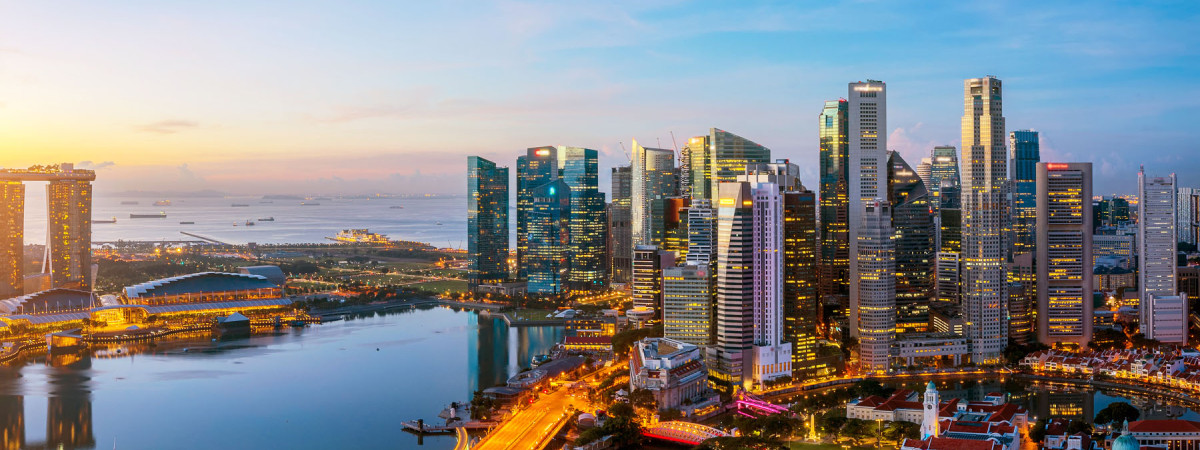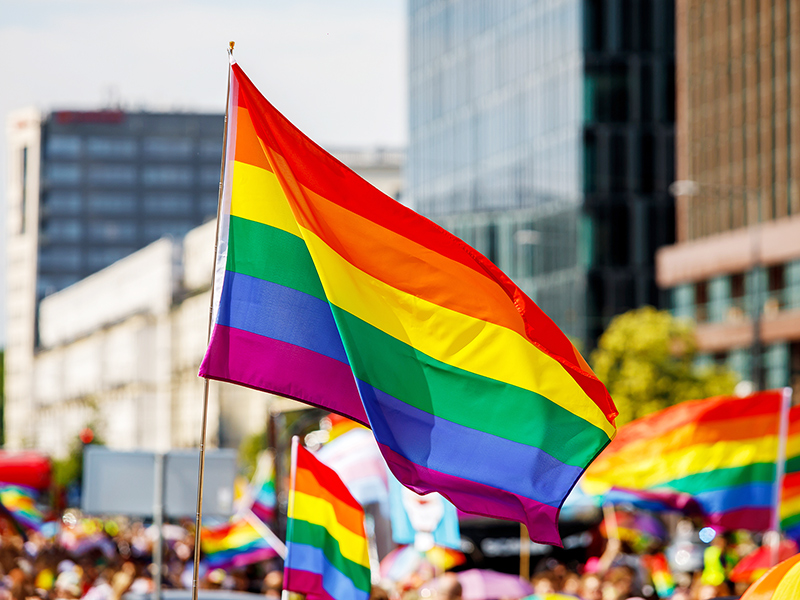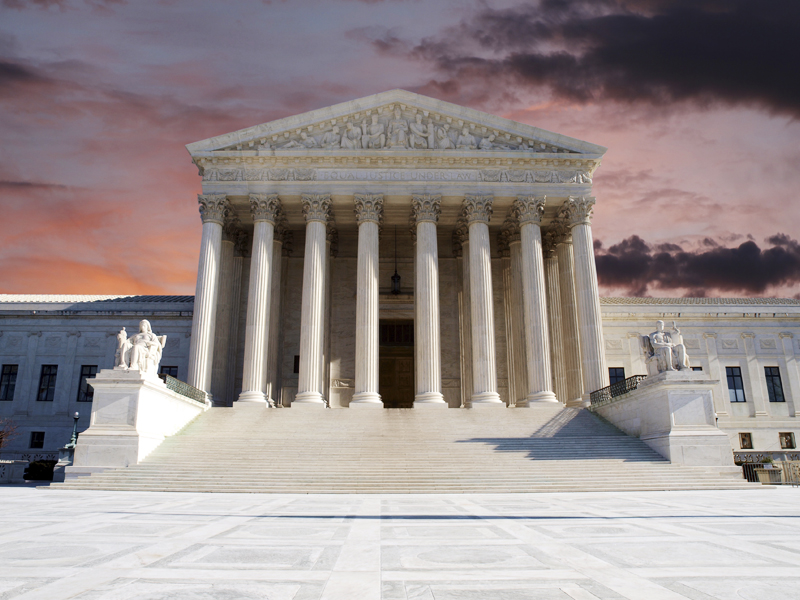
Photo Credit to NeoPhoto on iStock
Authors
-
Kelly Scott
Former Manager, Human Rights, BSR
-
Jiajia Chen
Former Associate, Human Rights, BSR
-
Miwa Naito
Former Manager, Human Rights, BSR
Key Points
- Since COVID-19, the discourse around DEI has gained more traction in Asia Pacific (APAC) and has moved the needle on business awareness, action, and approaches.
- Throughout our engagement with member companies, stakeholders often ask: Is DEI in APAC behind, or is it just different?
- DEI initiatives in APAC have focused primarily on diverse representation and gender-related issues, such as increasing female leadership roles in the workplace.
In recent years, companies have been facing the evolving challenges of responding to structural and social inequities. As a result, Diversity, Equity, and Inclusion (DEI) approaches are increasingly used as a strategic tool to improve competitive advantage, enhance employee engagement, and create a more supportive and inclusive workplace that values differences. While much of the spotlight has been on the multitude of DEI initiatives in North America and Europe, there is a significant uptick in interest in what DEI means in Asia-Pacific (APAC).
Given the different levels of maturity and ambition of companies and the varying perspectives on DEI across regions, there is no global framework or a “one-size fits all” approach. Since COVID-19 and recent protests around structural racism in North America and Europe, the discourse around DEI has also gained more traction in APAC and has moved the needle to some extent on business awareness, action, and approaches.
Although DEI is becoming a priority for some companies in APAC, the majority is still moving at a relatively slower pace than their North American and European counterparts. This may be primarily due to different cultural and organizational dynamics as well as fewer compliance-related expectations.
At the BSR Asia offices, we have been proactively engaging with our member companies in APAC on understanding DEI priorities. Throughout our engagement, stakeholders often ask: Is DEI in APAC behind, or is it just different? Given our experience, we are leaning towards the latter question. Here are our top three reflections from our engagement with APAC companies on DEI so far:
1. DEI is a relatively nascent topic in APAC but is growing in momentum
The business case for companies demonstrating a clear and actionable commitment to DEI has been discussed at length—whether as a competitive advantage in attracting talent, or that diverse companies are more profitable, innovative, and more likely to exceed financial targets.
For APAC companies, DEI initiatives in APAC have focused on diverse representation and gender-related issues, such as increasing female leadership roles in the workplace. Efforts are often centered on “Diversity and Inclusion” but are now slowly including the concept of ‘Equity’—a pillar that is often overlooked. However, it is evident that the slower pace of change does not necessarily imply a lack of interest or willingness to ramp up efforts to address other dimensions of DEI.
2. Social Norms and Cultural Nuances Shape DEI Priorities
APAC is one of the most ethnically, culturally, and linguistically diverse regions in the world. Against this backdrop, it requires a more nuanced understanding of culturally appropriate DEI approaches. The current landscape varies by country, making the practice of DEI more complex. In contrast, DEI themes and issues of interest in North America and Europe more generally relate to historical and social dynamics, for example, around race, ethnicity, ability, and class.
The fundamental definitions and principles of DEI hold significance and relevance, albeit with a different lens. In APAC, there is an emphasis on collective rights and identities rather than individual rights which can influence how DEI is approached.
Gender inequality in the workplace also remains a key issue in many APAC countries, with women being underrepresented in leadership positions. For example, Japan and South Korea consistently rank lowest in terms of gender equity among leading economies and this gender gap is often a DEI priority in the region. On the topic of LGBTQIA+ rights, recent surveys show that there is more public acceptance of same sex relationships in Singapore and Thailand compared to a few years ago. As of July 2023, Nepal is also on track to be the second country in Asia to legalize same-sex marriage. On the other end of the spectrum, homosexual activity is criminalized by harsh penalties in Brunei.
Public attitudes around other DEI themes are also shifting. For example, in the aftermath of the COVID-19 pandemic, mental health and wellness has emerged as a crucial topic that was once considered taboo. As a result, an increasing number of companies throughout the region are now prioritizing this issue and engaging in more widespread discussions about it.
3. Legal and Regulatory Frameworks in APAC are Still Evolving
From a legal and regulatory perspective, recent developments have signaled marked progress for inclusion. Even in the absence of robust legislation on DEI disclosures, the business case and stakeholder expectations are still main drivers of DEI in APAC. Australia and New Zealand are at the forefront of gender equity in the region, especially following the introduction of new legislation regarding gender pay gap disclosure.
The DEI related legislative process may be facing a relatively slower uptake than usual in more conservative societies, and this could potentially be a barrier to progress. However, there have been recent developments which have signalled positive changes in the region. From a corporate governance perspective, Japan revised and added a clause of promoting diversity within its Corporate Governance Code in 2021, requiring companies to establish and disclose policies and goals on diversity. Japan has also recently introduced gender pay gap disclosures for companies. The Hong Kong Stock Exchange and Singapore Stock Exchange have also updated board diversity disclosure requirements for listed companies.
There seems to be a global shift in the understanding of DEI, however, there is no “one size fits all approach” for APAC and the conversations are always evolving. Though some companies have already taken steps forward by formalizing commitments to DEI, inquiry into how it may be adjusted to suit different contexts is ongoing. To determine appropriate approaches, engagement with our member companies and careful consideration of cultural and social norms will be necessary on a case-by-case basis, though certain challenges, opportunities, and principles may remain constant across the board.
For more information on how BSR works with companies in Asia Pacific on DEI, please get in touch.
BSR’s latest sustainability insights and events straight to your inbox.
Topics
Let’s talk about how BSR can help you to transform your business and achieve your sustainability goals.







